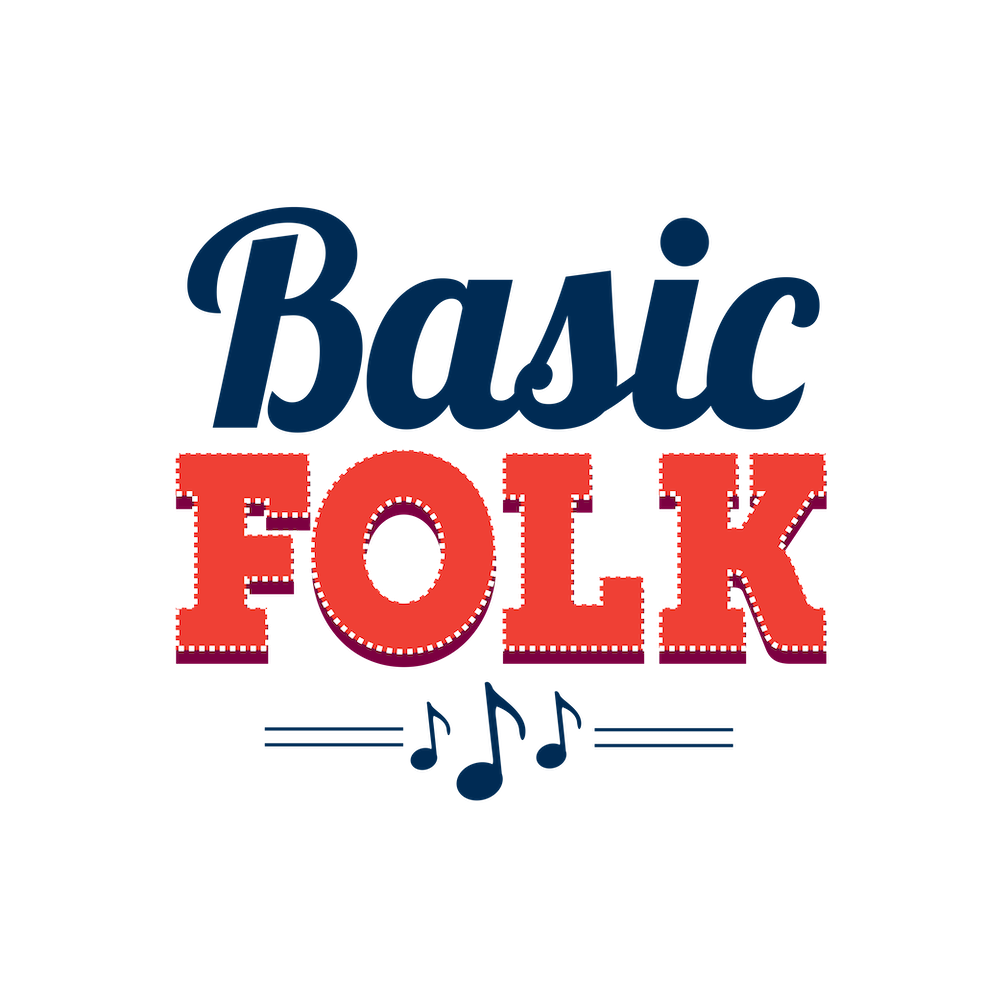Basic Folk 158 – No No Boy
Powered by RedCircle
Julian got the No-No Boy name from Japanese Americans who were forced to live in internment camps during World War II, soon after the Pearl Harbor attack in 1942. They were asked to serve in combat and swear allegiance to the United States. Those who answered “no” to those two demands on the government’s “Loyalty Questionnaire” became “No-No Boys.” and Those who refused were sent to concentration camps. It’s also a novel by Asian American author John Okada (also a song by The Spiders). Our conversation covers his own family history, in which he also unabashedly shares his perspective on the concept of “generational trauma” (he’s not super into it). He expands on the influence of Asian musicians who have learned and perfected the music of the oppressor, like the George Igawa Orchestra, which was a jazz band held at an internment camp led by the Los Angeles musician George Igawa. When he was forced to relocate to the camp, he could only bring what he could carry, which, to him, meant his instruments. He formed a group in the camp where they would play parties and even outside beyond the confines of the camp’s barbed wire.
Julian’s identity and the identity of No No Boy is solidly rooted in his Asian American experience, but I decided to start our interview with questions about his dad’s work in the music industry. Julian’s father was a major player in Nashville’s country music industry and he would often take Julian with him to work. This left huge impressions on young Julian, so of course, I had to dig into that first thing!
